"Housing Fund of the Russian Federation" is one of the basic concepts of the Housing Code of the country. It implies the totality of all the houses, premises and other structures available on the territory of Russia that are intended for permanent residence of people, regardless of their size, cost, owner, etc.
 Housing rightfully belongs to the most important national treasures of the state. That is why our whole society is interested in its preservation and multiplication. As part of a unified housing stock, individual components are also allocated. They are also called funds.
Housing rightfully belongs to the most important national treasures of the state. That is why our whole society is interested in its preservation and multiplication. As part of a unified housing stock, individual components are also allocated. They are also called funds.
Definition of a concept
What are housing funds? This concept stands out from the one with which the legislation of the Russian Federation operates. Housing funds differ from each other in their purpose, formation order, terms of use and other criteria of the legal regime.
The main object of the concept
Housing relationships primarily consider residential premises. They serve as the object of legal relations.
Housing stocks are primarily isolated. At the same time, they must be located on real estate areas. In addition, this concept includes only those premises that are suitable for permanent residence of people, while meeting all the necessary technical and sanitary standards, existing rules, as well as all other requirements of the law. This is confirmed by Art. 15 LCD Russia.
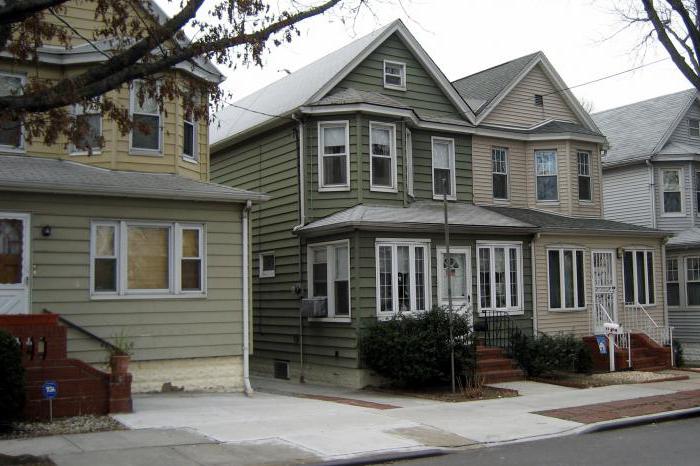 In addition, a residential building (as specified in Article 5, paragraph 10 of the Code of Criminal Procedure) is understood to mean:
In addition, a residential building (as specified in Article 5, paragraph 10 of the Code of Criminal Procedure) is understood to mean:
- a residential building, as well as part of it, that is, a building consisting of rooms and utility rooms, which are necessary for citizens to meet their domestic and other needs;
- an apartment or part of it, that is, a structurally separate room located in an apartment building in which there is the possibility of direct access to auxiliary premises designed to meet the household and other needs of citizens;
- a room, which is part of a residential building or apartment and intended for direct living.
Primary requirements
Accommodation of citizens in residential premises is impossible without observing the basic rules and norms of the housing stock. And they establish that:
- Housing should be landscaped and meet the conditions of the city or village in whose territory it is located, as well as all technical and sanitary requirements;
- residential premises may be provided in the amount of not less than the social norm established by the constituent entity of the Russian Federation in terms of area per person, which is equivalent to the minimum dimensions of the premises provided
- the provided living quarters should provide for persons of different sexes over nine years old in separate rooms (this provision does not apply to spouses);
- housing should be allocated taking into account some noteworthy circumstances, including the health of citizens;
- the dwelling is not populated by two or more families, if its size is not provided with sanitary requirements established by law.
Classification according to type of ownership
According to the norms of Article 19 of the Housing Code of Russia, the housing stock is nothing more than the aggregate of residential premises that are available in the country. They are included in the basic concept, regardless of ownership and intended use. These can be hotels and hostels, houses belonging to the maneuvering fund, homes for senior citizens, etc.
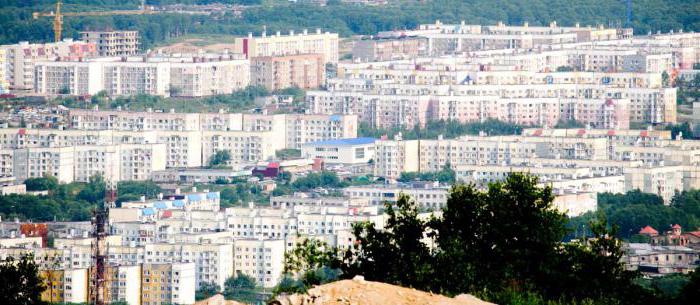 Based on the legal ownership of residential premises, housing funds are classified into the following:
Based on the legal ownership of residential premises, housing funds are classified into the following:
one.Private. This fund is in the form of individual residential buildings, built, acquired or privatized apartments. It is owned by citizens. In turn, it may belong to private individuals or legal entities.
2. State. It is also grouped into two types. The first of them includes all the housing that belongs to the Russian Federation. This is the state housing fund. The second type of such housing includes premises, the ownership of which belongs to the subjects of the Russian Federation.
3. Municipal. This housing stock is a collection of residential premises owned by municipalities, that is, enterprises, institutions and departments. Such a fund is owned by the city and its constituent areas.
Use Classification
This is another option according to which housing funds are divided. In this case, they are distinguished by the following:
1. Social use. This housing fund is provided to citizens under a social contract.
2. Specialized. The premises of this housing fund are provided for living for certain categories of citizens. Moreover, all such rooms or apartments are part of the municipal and state housing funds. Such premises include: official and located in dormitories belonging to the maneuvering fund, as well as those located in houses intended for social services of citizens and for accommodating internally displaced persons.
3. Individual. Such a housing fund includes residential premises included in a private housing fund. These are privatized apartments and those located in housing cooperatives, residential buildings, etc. Their owners can be both individuals and legal entities.
4. Commercial use. This housing fund is used by its owners for the purpose of concluding contracts of paid accommodation for citizens. In addition, such housing may be provided under other civil law agreements for use or possession.
Destination
According to the rules of operation of the housing stock, citizens are responsible for ensuring the integrity and safety of apartments, living rooms and houses. One of the important conditions for this is the targeted use of such premises so that they can fully satisfy domestic and other needs.
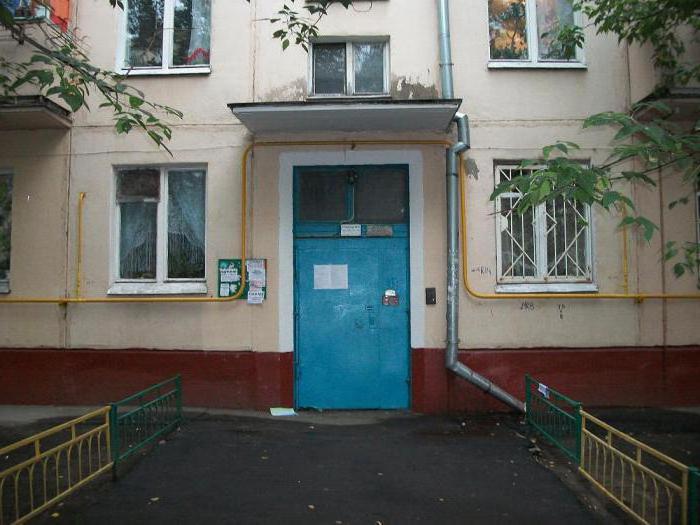 In exercising the right of possession given to him by law, the owner of a dwelling must take all necessary measures so that the dwelling is not damaged and destroyed. For this, in particular, it will be necessary to comply with the requirements of the law, which does not allow the placement of various industrial plants in an apartment, room or apartment building. If you want to place organizations, enterprises or institutions, the operation of the housing stock in this direction can be carried out only after the transfer of its premises to non-residential.
In exercising the right of possession given to him by law, the owner of a dwelling must take all necessary measures so that the dwelling is not damaged and destroyed. For this, in particular, it will be necessary to comply with the requirements of the law, which does not allow the placement of various industrial plants in an apartment, room or apartment building. If you want to place organizations, enterprises or institutions, the operation of the housing stock in this direction can be carried out only after the transfer of its premises to non-residential.
Other requirements
There are various standards for the operation of the housing stock, which require citizens to ensure the safety of not only the premises and the house, but also the local area. At the same time, all operational, fire-fighting, architectural and urban, environmental and sanitary requirements must be met.
They include:
- careful attitude to existing objects of improvement;
- Compliance with cleanliness and order in the elevator cabins, on the stairwells and in the entrances;
- compliance with the rules for the maintenance of a residential building, as well as the adjacent territory, etc.
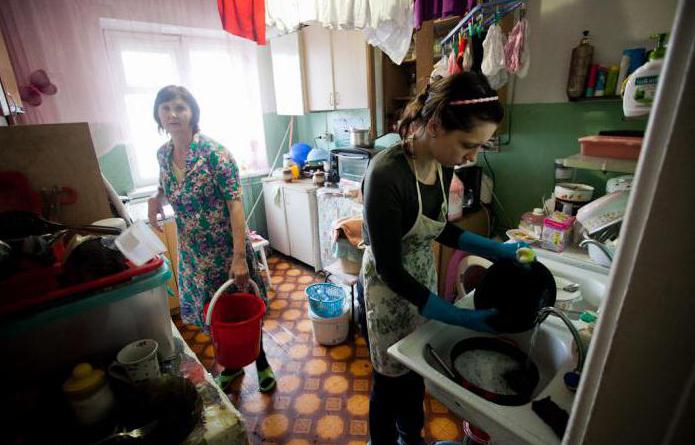 Moreover, all these norms and requirements are binding on all tenants, and not just its owners.
Moreover, all these norms and requirements are binding on all tenants, and not just its owners.
Redevelopment of premises
The legislation of the Russian Federation provides for the right of homeowners to exercise their free right to own them. Citizens have the opportunity to rebuild their rooms or apartments.The only condition for this is compliance with applicable standards, as well as the rights of other citizens. In addition, the reconstruction of apartments and premises should not lead to the destruction of the entire building, its engineering systems and individual elements. That is why, according to the law, the mandatory coordination of the forthcoming redevelopment and the drawing up of an act of a special interagency commission is required.
Transfer to ownership
A very interesting topic is the privatization of the housing stock. After all, citizens living in apartments, houses and rooms owned by the state may well become their owners. And this implies the complete possession and disposal of such premises at their discretion. Privatized apartments and houses can be bequeathed and sold, leased and other actions are performed in accordance with the law.
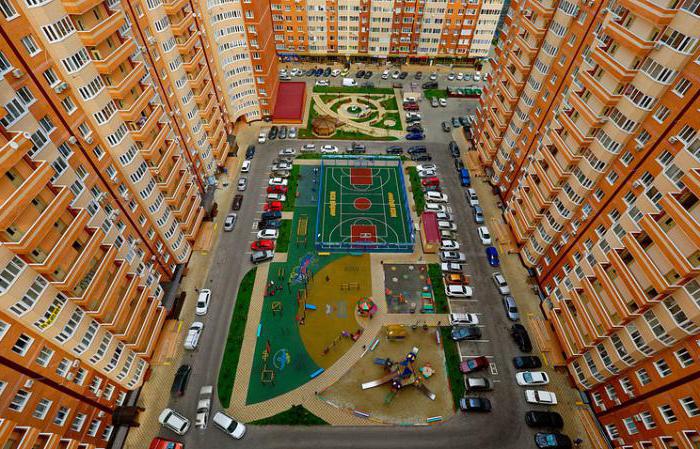 Free of charge privatization of housing can be for those citizens who live in the houses of municipal and state housing funds, and with whom a lease or rental agreement has been concluded. This right is not provided for the premises of a public housing fund. The fact is that these houses and apartments are run by a legal or natural person. The state has nothing to do with them.
Free of charge privatization of housing can be for those citizens who live in the houses of municipal and state housing funds, and with whom a lease or rental agreement has been concluded. This right is not provided for the premises of a public housing fund. The fact is that these houses and apartments are run by a legal or natural person. The state has nothing to do with them.
Housing Development
In 2003, a special fund was created to enhance one of the national treasures of Russia. This is a housing construction fund, which contributes to the development of territories and objects of engineering communications, social, transport infrastructure, increase production of products for the construction of buildings and the production of building materials. Also, his goals include the creation of technology parks and other entities that contribute to the formation of favorable and safe conditions for any category of citizens.
Tasks
The Housing Fund deals with the following:
- Assists in the development of a market offering land for housing;
- contributes to the expansion of territorial planning, the development of zoning and urban development;
- contributes to the arrangement of the territory through the construction of infrastructure;
- coordinates the actions of various departments to coordinate housing construction programs;
- stimulates the development of environmentally friendly as well as energy-efficient technologies, creates all the necessary conditions for their use in housing construction.
Functions
Housing Development Fund has the following functions:
- is the organizer of auctions that exercise the right to conclude lease agreements for land plots owned by him directly;
- sells land for housing, as well as for the placement of industries belonging to the construction industry through them through auctions organized by him;
 - implements real estate owned by the Fund;
- implements real estate owned by the Fund;
- transfers land territories for placement of infrastructure objects on them;
- sends proposals on improving the construction of the housing stock to the interdepartmental collegial body;
- performs other functions that are necessary for the implementation of the tasks and goals stipulated by the law of the Russian Federation of July 24, 2008 No. 161.
State control
There are certain rules and regulations that facilitate the monitoring of the safety of apartments, houses and rooms that are available in Russia and are part of the housing stock. So, according to Art. 20 LC RF, the state, through executive authorities, exercises strict control over its use. Moreover, its form of ownership does not matter. The legal use of housing is also checked by the state. He also controls the determination of the conformity of the norms for the implementation of public services and the rules of residence.
Accounting
The housing fund of the Russian Federation is subject to a mandatory state census.This is stated in article 19, part 4 of the LCD. The main purpose of such accounting is to obtain reliable information about the following:
- about the location of housing;
- on the quantitative and qualitative composition of premises intended for housing;
- On the technical condition of houses and apartments;
- about the value of objects;
- about the level of improvement;
- on changes made to previously available data.
Varieties of accounting
Housing is subject to the following:
1. State accounting. It includes a technical inventory, as well as compilation of passports for homes and premises. This accounting is carried out by the specialists of the technical inventory bureau.
2. Technical accounting. It includes official operational, current, statistical, and also accounting. Similar control is vested in state and municipal authorities.